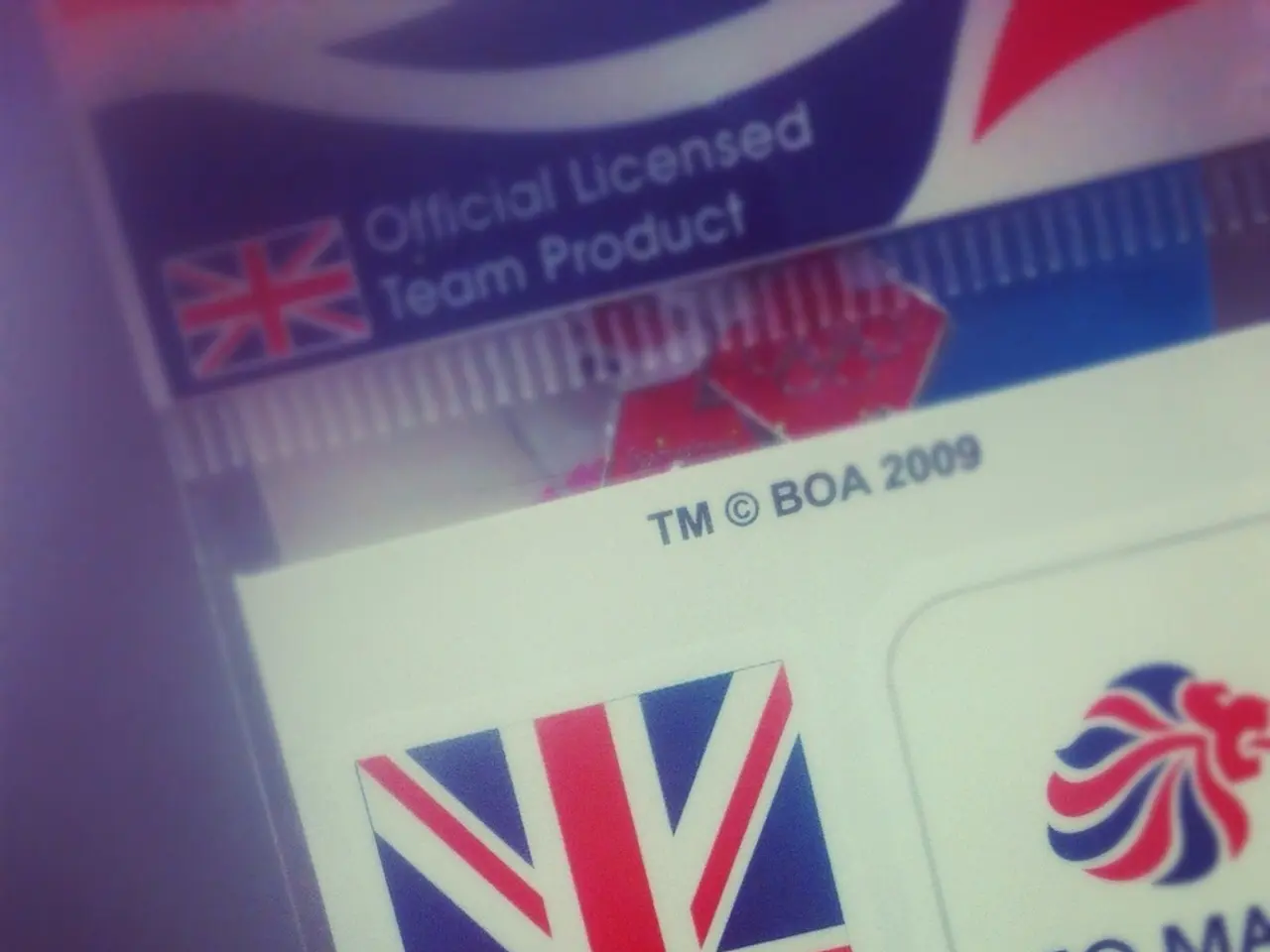Smaller townships push for unique license plates of their own
In a recent development, mayors from several German cities have proposed the implementation of municipal license plates. The cities involved include Winnenden (Baden-Württemberg), Herzogenaurach (Bavaria), Rheine (North Rhine-Westphalia), and Bad Vilbel (Hesse).
This proposal, if accepted, would necessitate changes to vehicle registration regulations, plate designs, and local legal frameworks. The key adjustments required are as follows:
- Legal authorization: Federal or state-level enabling laws are necessary to permit municipalities to issue distinctive license plates instead of the existing state-assigned plates.
- Plate design and numbering: Standardized formats for municipal plates need to be created, featuring unique codes identifying the municipality, while adhering to national and EU regulations.
- Registration system adjustments: Motor vehicle registration databases and administrative processes would need to be modified to incorporate municipal codes and allow local authorities to manage vehicle registration and plate issuance.
- Visibility and mounting requirements: New plates must meet technical requirements for size, reflectivity, font, and mounting positions, ensuring they are clearly visible and compatible with license plate recognition systems.
- Transition phase and C.O.C. documentation: For any new or modified plates, the Certificate of Conformity (C.O.C.) for vehicles may need updates to reflect changes in plate positions or design.
- Local enforcement and parking infrastructure: Municipalities would need to coordinate enforcement of parking, tolls, and traffic regulations using the new plates, possibly involving updates to parking management and electronic charging infrastructure integration.
It's important to note that no specific German federal regulation mandating municipal license plates currently exists. The implementation of such a system would involve a coordinated legislative and administrative effort involving national authorities, states (Länder), and municipalities.
The letters supporting this proposal were addressed to Minister of Transport Winfried Hermann (Greens) and were signed by more than 70 mayors from various federal states. The proponents believe that municipal license plates could strengthen regional identity and promote city marketing without incurring additional costs.
If approved, the new license plates could potentially be issued once the checks are complete and they are published in the Federal Gazette. Each new designation would be checked for existing use or immorality before publication. The process for obtaining municipal license plates is similar to the reintroduction of old license plates.
The idea for municipal license plates originated from a proposal by Ralf Bochert, a professor of economics and destination management at the University of Heilbronn. He suggested that 320 cities in Germany could receive their own vehicle local designations. According to Bochert, over 100 cities across Germany are currently seeking their own license plates.
The proposal focuses on medium-sized cities with over 20,000 inhabitants that do not yet have their own local designations. If successful, the usual procedure for the reintroduction of old license plates would follow, and the change would then need to be passed by the Bundesrat.
This change, if implemented, could potentially foster a sense of belonging among citizens and make places more visible, thereby promoting city marketing and regional identity.
- The implementation of municipal license plates, as proposed by 70 mayors from various German cities, would necessitate policy-and-legislation changes, including authorization from federal or state-level enabling laws and alterations to registration systems and local legal frameworks.
- The proposal for municipal license plates aims to promote city marketing and regional identity, potentially fostering a sense of belonging among citizens and making places more visible, while avoiding additional costs, as suggested by Ralf Bochert's study on 320 cities in Germany.







